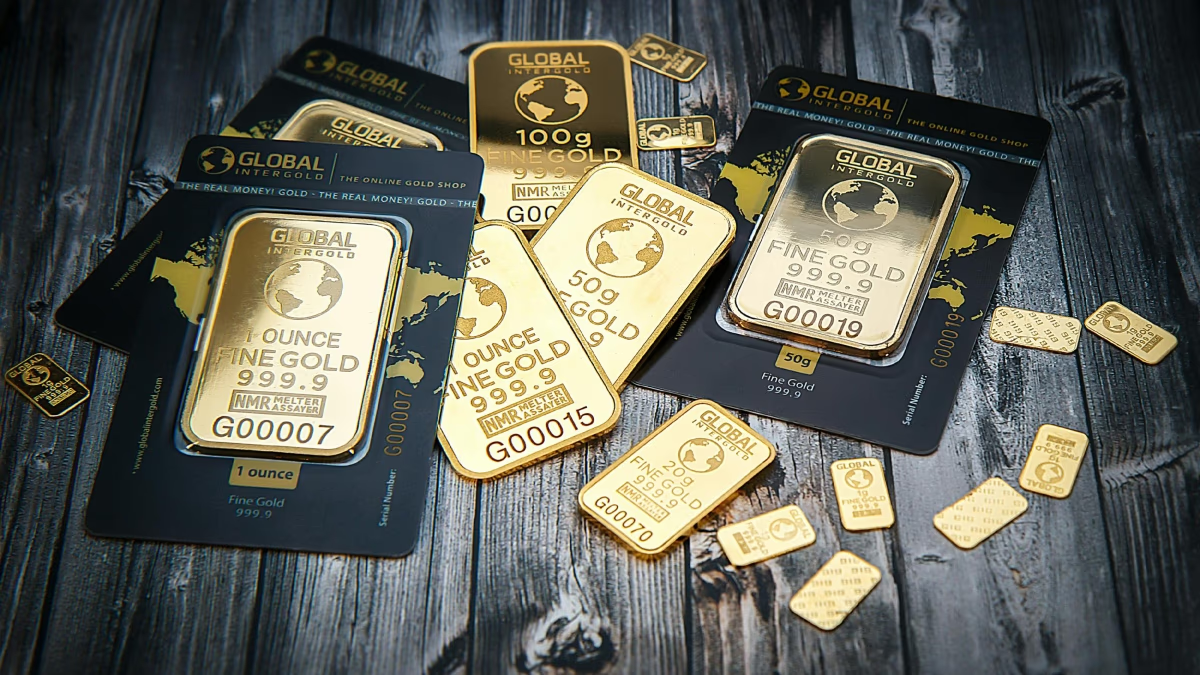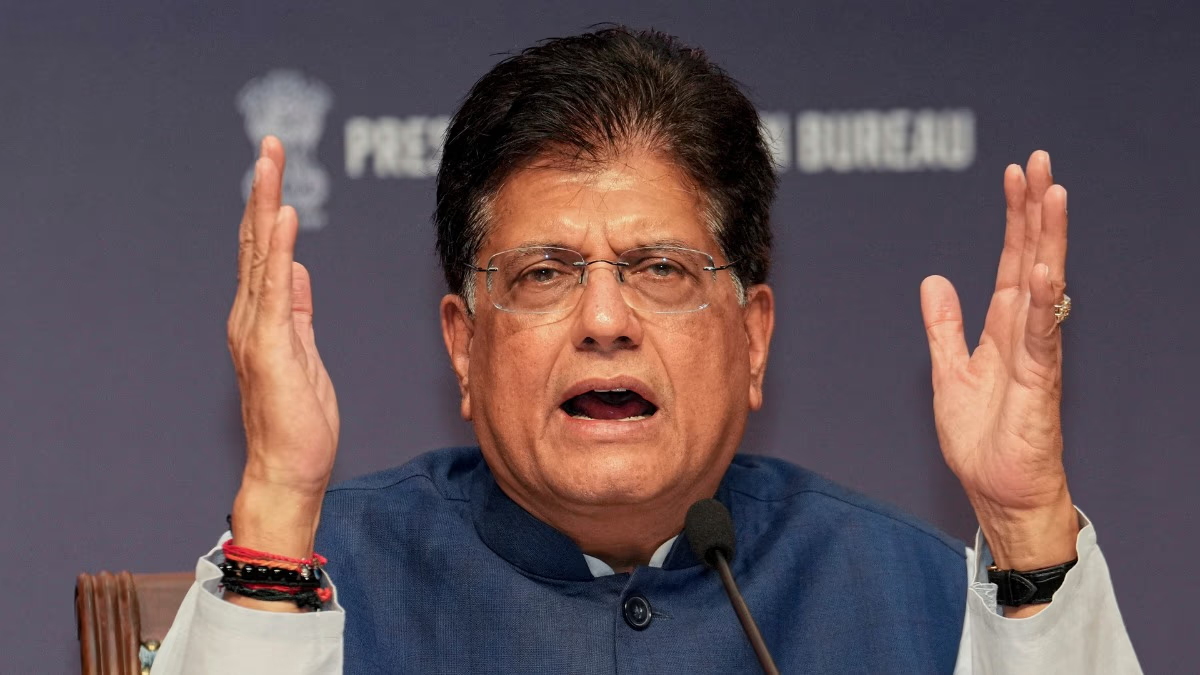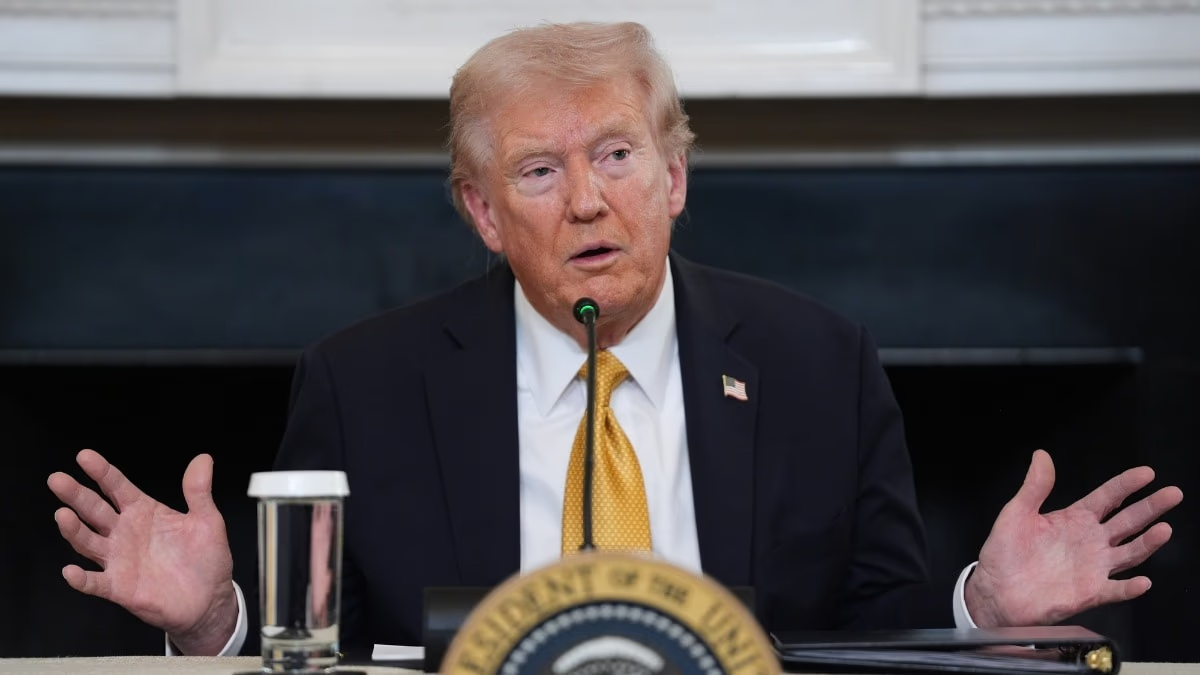Gold, a coveted metal, attracts buyers for its dual appeal in jewelry and investment. Its prices have surged, yielding a remarkable 55-65% return in just a year. Discreetly, global central banks are expanding their gold reserves at an unusual pace. But why?
In 2025, central banks are projected to collectively purchase nearly 900 tons of gold, continuing a trend of extraordinary procurement for a fourth year running. A revelation from the World Gold Council's Central Bank Gold Reserves Survey 2025 indicates surprising trends, with 76% of central banks expecting increased gold ratios in the next five years, while 73% foresee a decline in the global reserve share of the US dollar.
Clearly, central banks are opting for gold over the dollar. The query arises—is the dominance of the dollar waning and is gold becoming the preferred currency?
The Faith in Gold
According to an India Today report, as economies grow at less than 2% and inflation peaks, countries are seeking secure assets. Central banks, doubting the security of the dollar or fiat assets, look for substantial alternatives.
In contrast to bonds or currency, gold bears no counterparty risk. It is default-proof, resilient against inflation, and impenetrable by sanctions, prompting central banks to bolster their reserves.

Source: aajtak
Why Central Banks Are Buying Gold Rapidly
According to Manon Sharma, Chief Economist at Informatics Ratings, central banks' increase in gold holdings extends beyond traditional security reasons. Gold ensures protection against restrictions, instills policy confidence, enhances financial stability, and grants policy flexibility within financial systems.
Sharma adds that gold shields against financial repression and uncertainties surrounding emerging digital currencies. This massive gold acquisition isn't a short-term crisis mitigation; it's a deliberate structural strategy.
Is the Dollar's Reign Ending?
While the IMF's COFER database shows the dollar accounts for about 58% of global reserves, its share is dwindling. Economic and political factors challenge the dollar's supremacy. Financial sanctions on Russia and threats against other countries compel governments to reconsider large holdings of American assets.
Conversely, gold can be stored domestically, traded globally, and remains uninfluenced by the policies of any single nation. It appeals to emerging economies seeking independence from Western powers.

Source: aajtak
Why China is Boosting Gold Acquisition
The People's Bank of China ranks among the most aggressive gold buyers, continuously expanding its reserves for 18 months until mid-2025. Economists link China’s purchases to safeguarding against possible US sanctions and supporting non-dollar trade within the BRICS+ block.
Impact of This Buying Spree
Sharma notes this consistent official purchase has sparked a structural decline in gold prices, even amidst rising global interest rates. This trend reaffirms gold as a reliable long-term asset for central banks, encouraging institutional and retail investors to expand investments through ETFs, mining equities, and sovereign gold bonds.
Beyond mere price increases, central banks' buying spree reestablishes gold as the pillar of monetary sovereignty in an era marked by inflation volatility, digital currency evolution, and intense geopolitical competition.




